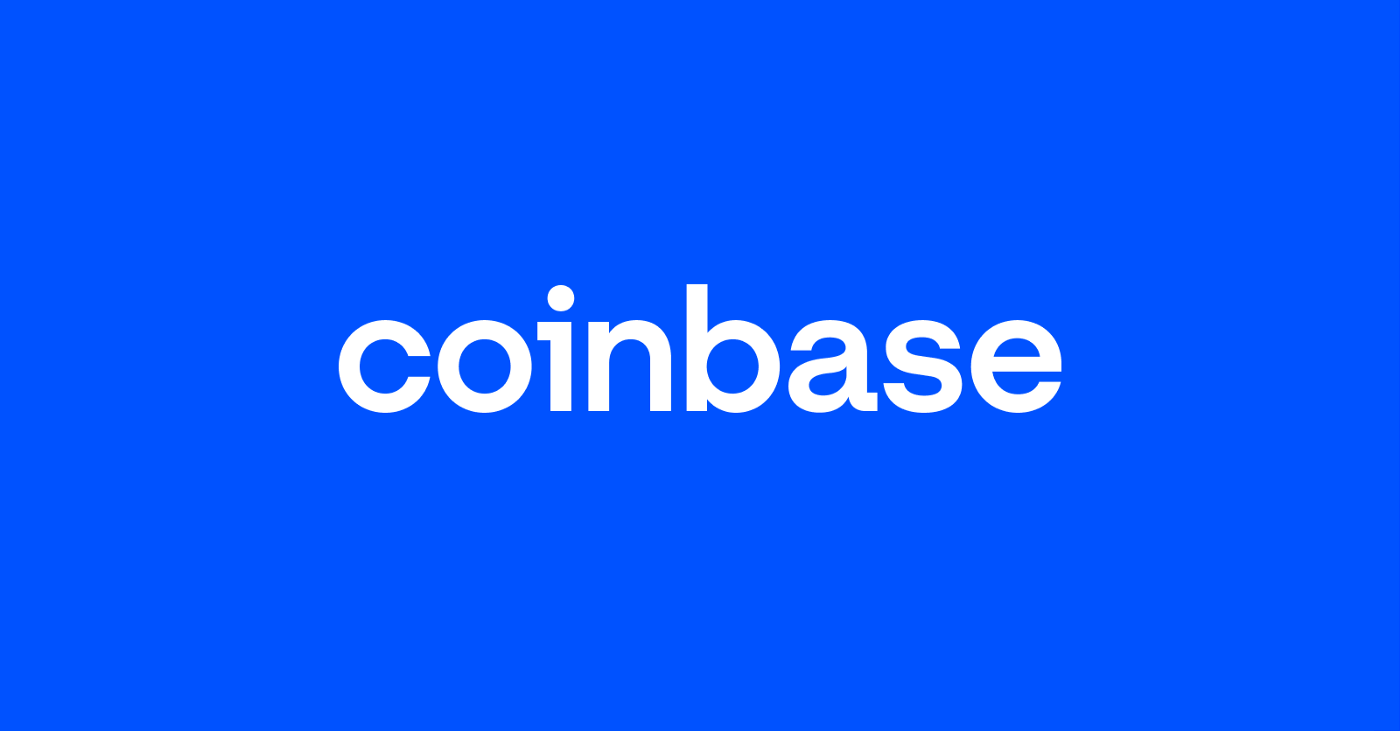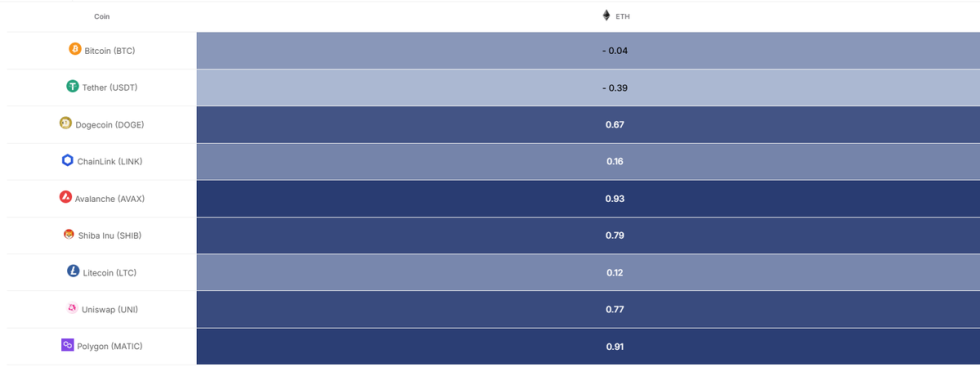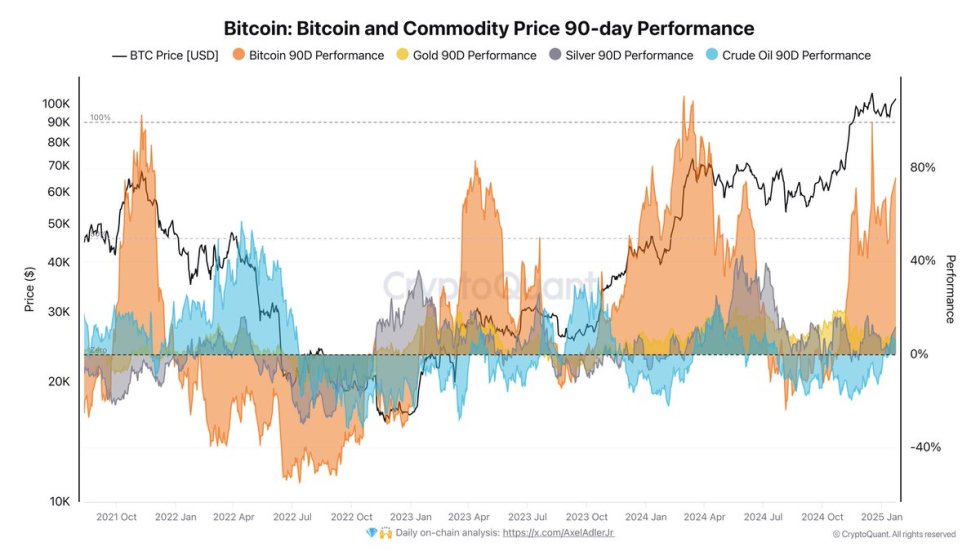By Faryar Shirzad, Chief Policy Officer
Tl;dr: As negotiations on the EU’s crypto rules enter a critical phase, we’re sharing four key pillars that should be taken into consideration. The potential for the EU is enormous and Coinbase is working to inform the process and drive towards positive policy outcomes.

Leading the charge for a tailored crypto regime
The Markets in Crypto-Assets Regulation (MiCA) and Transfer of Funds Regulation (TFR), which are in the final stages of negotiation, aim to facilitate the safe and responsible use of crypto across the EU. MiCA, in particular, will be one of the first comprehensive regulatory frameworks for crypto assets globally, and will provide important legal and regulatory certainty to the market, which is so important in order for firms to invest and innovate in Europe. MiCA includes a number of important elements. The authorisation and supervisory regime, as well as the prudential, risk management, market integrity and governance requirements for CASPs, will signal to consumers which operators meet certain minimum standards. Regulation of this kind will encourage the growth of a legitimate and trusted industry of DASPs.
We believe that if well-designed and appropriately implemented, MiCA could put the EU at the forefront of the digital finance revolution and the advent of web3. However, if there are systemic flaws in the execution of the framework, it could push this uniquely innovative and empowering financial ecosystem outside the region, and deny EU regulators the ability to provide appropriate oversight over how their citizens engage with these transformational products and services.
Here are four pillars that EU policymakers should be thinking about as they debate and discuss the implementation of MiCA and TFR across the region.
1. Create common sense liability standards
There are three key provisions under consideration which will significantly raise the liability placed on Crypto Asset Service Providers (CASPs). The liability is disproportionately applied to CASPs to such an extent that they will need to decide whether they can reasonably accept such liability in order to do business in the EU. These provisions undermine the important steps the EU is taking to create a competitive, pro-innovation and tech-neutral regulatory framework for crypto assets.
Custodial liability
MiCA should ensure that CASPs are only liable for events that are in their control. Current texts imply much broader liability for events that are outside the CASP’s control, such as cyber attacks. Moreover, the burden of proof should not fall on the CASP to show the event occurred independently of their operations. Legal clarification is needed to enable CASPs to offer investors the best protection available, with appropriate liability.
Liability for the accuracy of Whitepapers
CASPs should have a responsibility for implementing a sound and proper asset listing process. Moreover, it is important that, going forward, issuers produce whitepapers for assets, so that investors understand the risks. However, making CASPs liable for the accuracy of whitepapers they do not themselves publish and creating a mandatory requirement to publish a whitepaper where one does not exist, is impractical. This is particularly true for assets that are already listed, which is why grandfathering provisions are so important. The inevitable effect of such a provision would be CASPs limiting their service offering in the EU to reduce their liability. These whitepaper liability requirements could kill competitiveness for smaller players, dramatically reduce consumer protection (as the trading of crypto assets would shift from regulated EU platforms to unregulated third country platforms), and position the EU as unwelcoming to web3 entrepreneurs.
Liability for the redemption of E-Money Tokens
Third parties, including CASPs, should not be liable for the redemption of e-money tokens where the issuer fails to redeem. This would be like making banks liable for volatility in global currency markets. The inclusion of any provision stating otherwise would essentially constitute an indirect trading ban on e-money tokens. Exchanges will not be willing to offer EMTs unless they are certain of the issuer’s ability to honor redemption obligations.
2. Create common sense privacy solutions for crypto
Obligating exchanges to collect, verify and report information on non-customers using self-hosted wallets (SHWs) is prohibitive to business and damaging to consumers. The requirement on exchanges to not only collect this data, but to also verify its accuracy before allowing a transfer to or from one of their customers, is a near impossible task. In fiat terms, it would basically mean you cannot receive or take money out of your bank account to send to someone else until you share personal data with your financial institution about that person and verify their identity. Not only is this collection and verification requirement a hugely burdensome measure, it runs counter to the EU’s core data protection principles of data minimization and proportionality.
3. Create clear definitions regarding NFTs
MiCA should not apply to “non-fungible tokens” (NFTs) and utility tokens. By including these assets within MiCA, many of which take the form of art and creative content, policymakers would be extending the scope of regulated “financial” assets far beyond the norm.
4. Address sustainability issues separately and thoughtfully
The EU is currently bringing forward a range of environmental and sustainability initiatives. These issues are extremely important and should be addressed through bespoke and appropriately tailored legislation — not MiCA. They require their own process, consultation, and industry engagement.
Path ahead
We urge EU policymakers finalizing the MiCA and TFR proposals to take the above considerations into account and to take their time developing these highly technical and complex frameworks. This is a pivotal moment for the EU to provide global leadership and to set the standard that will enable a safe, accessible, and innovative cryptoeconomy in Europe. Let’s get it right.

You can get bonuses upto $100 FREE BONUS when you:
💰 Install these recommended apps:
💲 SocialGood - 100% Crypto Back on Everyday Shopping
💲 xPortal - The DeFi For The Next Billion
💲 CryptoTab Browser - Lightweight, fast, and ready to mine!
💰 Register on these recommended exchanges:
🟡 Binance🟡 Bitfinex🟡 Bitmart🟡 Bittrex🟡 Bitget
🟡 CoinEx🟡 Crypto.com🟡 Gate.io🟡 Huobi🟡 Kucoin.




















Comments